Stress Level
of International Students in the US

Mobility of international students is transforming higher education in profound ways on academic, social, and political fronts. Global competition among universities for quality students requires them to address the unique mental health needs of their international students.

"More than one-third of international students felt stressed. 42% are worried they might not be able to complete their studies. "

- International Student Barometer survey report (2022)
Even so, only a modest percentage of foreign students access mental health services during their studies.

Photo by Luis Villasmil on Unsplash
Photo by Luis Villasmil on Unsplash
Why does this matter?
1,075,496 foreign-born students were enrolled at U.S. colleges and universities in the 2019-2020 school year
Students from outside the United States made up 16% of the undergraduate student body in 2020-2021 at CMU.
4 Unique Mental Stressors faced by International Students

Language barriers
Having trouble communicating with your peers in your native language can be exhausting. Combined with the anxiety you may feel about sounding silly if you say anything wrong, can't find a word, or can't express yourself, it can be difficult.

Image Courtesy: retrorocket

Culture shock
Oh wow - things are really different here. I can't walk down the street without 20 people smiling at me, the grocery store sells nothing I used to eat, and the weather is just unpredictable (stop switching your mind, weather!)
Students can experience culture shock easily while studying abroad. You can feel super isolated and confused.
When I first came to America [from China], it was hard for me to understand that Americans drink ice water all year round. I can’t understand why drinking ice water all year round doesn’t make you cold.

High expectations
It's natural to want to 'do it right' when making such a significant investment in studying abroad, whether it's a new country, a course, meeting interesting people, or getting good grades.
It's highly likely that your parents have invested a lot in allowing you to study abroad, which can lead to high expectations from yourself and your family. After graduation, the expectation is that you will get a great job and may even give back to your family.
You might stress yourself immensely if you don't get the desired grade or the life you dreamed about. A failure or a disappointment to one's family is the last thing anyone wants to experience.
COVID-19 Influence on Students
In order to understand the impact of the COVID-19 pandemic on higher education, NCBI surveyed approximately 1500 students at one of the largest public institutions in the United States using an instrument designed to recover the causal impact of the pandemic on students' current and expected outcomes.
With the introduction of various COVID policies worldwide and reduced headcounts in different industries, international students struggle to complete their academic and career goals more.

Loneliness
Studying abroad is a bold and courageous decision that reveals much character strength, regardless of how you may struggle along the way. Moving to a new country, you start everything from scratch without friends or family supporting you. So, there will always be times when you feel alone.
Causes of Loneliness


Photo by Lukas Rychvalsky on Unsplash
How can universities provide better help?

According to ISB (International Student Barometer), which is a global benchmark for the international student experience (in 2021),
16% of students have used counseling services at their institution
22% of students did not know how to access counseling

Image Courtesy: Filippo Bacci / Getty Images

GIF by Nicholas Larimer on Dribbble licensed under a Dribbble license
How to improve?
Students offered recommendations:
Shorter waiting lists
Increase the number of online counseling appointments

GIF by Abdul Latif on Dribbble licensed under a Dribbble license

GIF Courtesy: BiQ
Multilingual staff that understand the cultural differences
How to overcome stress as international students?

Place yourself on occasions where you can’t rely on people who speak your native language for support. Go out of your comfort zone.
This can sharpen your language skills, and things get easier gradually.
Give yourself time to adapt. Find new interests and explore things that you love in the new country. Be patient and kind to yourself.
Remember, nobody is perfect and can’t be expected to achieve all. Thus, don't beat yourself too hard for unrealistic standards set by yourself or your family. Instead, be proud of every little step on the way, and enjoy the process!
Don't shut yourself off during hard times. Join clubs and societies, talk to new people between lectures, and say YES to invitations! You won't have to fight alone because there are always others who feel the same way.
At the same time, stay in touch with your friends and family, where you can share all your struggles and joys. Give them a video call. They would love to see you!
Finally, enjoy your life studying abroad!
Reference:
[1] Ali, Syed, and Raza Bukhari. Barriers Related to Language and Culture Which Prevent Overseas Students from Achieving Their Potential. 31 Jan. 2015.
[2] Aucejo, Esteban M., et al. “The Impact of COVID-19 on Student Experiences and Expectations: Evidence from a Survey.” Journal of Public Economics, vol. 191, no. 104271, 27 Aug. 2020, p. 104271, www.sciencedirect.com/science/article/pii/S0047272720301353, 10.1016/j.jpubeco.2020.104271.
[3] Bilton, Isabelle. “5 Points of Stress for International Students – and How to Overcome Them.” Study International, 14 May 2018, www.studyinternational.com/news/5-points-stress-international-students-overcome/.
[4] Carnegie Mellon University. “International Applicants - Undergraduate Admission - Carnegie Mellon University.” Www.cmu.edu, 7 July 2021, www.cmu.edu/admission/admission/international-applicants#:~:text=Carnegie%20Mellon%20often%20ranks%20in. Accessed 8 Oct. 2022.
[5] Funalysis. “What Shocks Japanese the Most in the US, 10 Examples Ranked | Funalysis.” Funalysis, 21 Jan. 2019, www.funalysis.net/culture-what-shocks-japanese-the-most-in-the-us-10-examples-ranked. Accessed 8 Oct. 2022.
[6] FWD.us. “International Students & Graduates in the U.S.” FWD.us, 15 Dec. 2021, www.fwd.us/news/international-students/.
[7] ICEF Monitor. “Do International Students Face Additional Barriers in Accessing Mental Health Supports?” ICEF Monitor - Market Intelligence for International Student Recruitment, 10 Aug. 2022, monitor.icef.com/2022/08/do-international-students-face-additional-barriers-in-accessing-mental-health-supports/.
[8] Killorin, Matt. “How to Deal with Culture Shock: A Guide for International Students.” Shorelight.com, 4 Mar. 2022, shorelight.com/student-stories/how-to-deal-with-culture-shock-a-guide-for-international-students/.
[9] Neto, Félix. “Loneliness among African International Students in Portugal.” Journal of International Students, vol. 11, no. 2, 15 Apr. 2021, 10.32674/jis.v11i2.1379.

Photo by Alexis Brown on Unsplash

